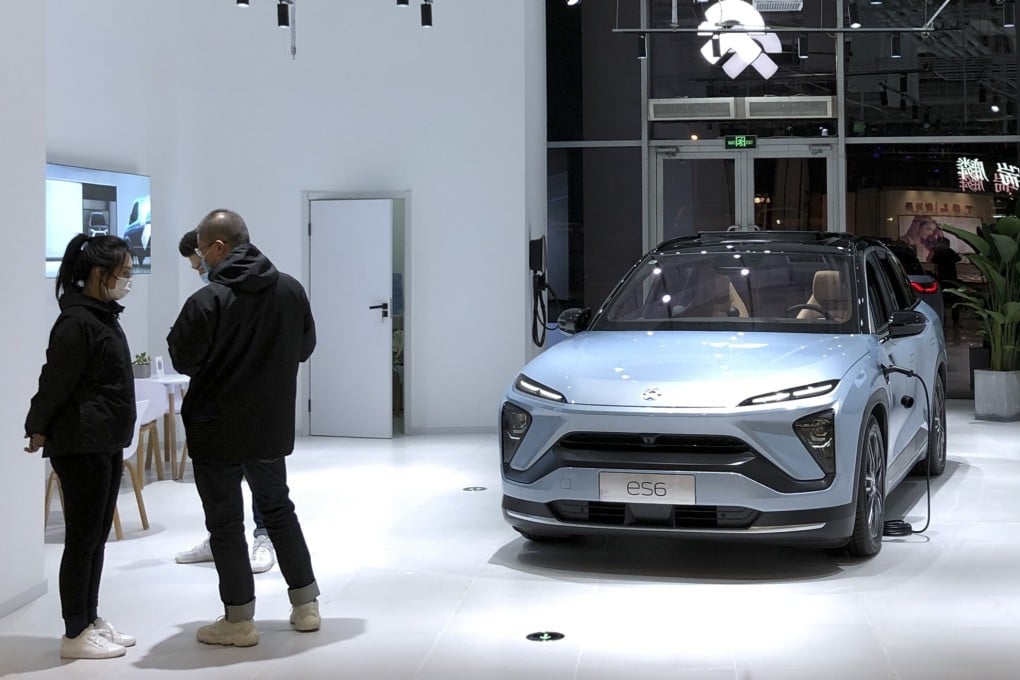How do you pick the next Tesla stock winner in China’s booming EV market?
- Given how quickly electric vehicle companies’ stock prices have rocketed, a short-term correction seems likely. But, in the long term, the sector is supported by structural trends which underpin the case for investing. Here are three things to focus on

New-energy vehicle (NEV) companies have become a red-hot investment theme in recent months. Since the end of September, the benchmark NEV Power Battery index in the A-share market has surged almost 60 per cent. In the overseas markets, Chinese and global electric vehicle stocks have also soared. But is the rally sustainable?

01:16
Tesla exports first China-made cars to Europe with shipment of 7,000 Model 3 electric sedans
When customers think about switching from cars with internal combustion engines to battery-powered vehicles, the first thing they look at and worry about is range. A typical electric vehicle’s range of 400-500km (250-310 miles) per charge would only last a few days for a driver in China who commutes to work daily, for example.
